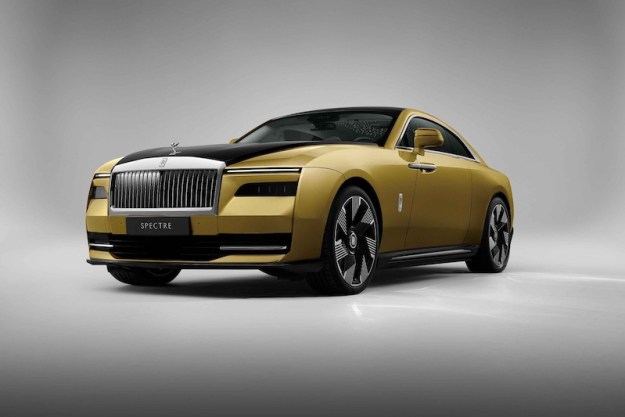Toyota is doubling down on its electric vehicle ambitions with the building of a $1.3 billion battery production plant in North Carolina, its first such facility in the U.S.
The Japanese automaker announced the plan on Monday, December 6, revealing that it will build the plant in the Greensboro-Randolph area about 80 miles northeast of Charlotte.
Upon completion in 2025, the site will feature four production lines, with each one able to deliver enough lithium-ion batteries for 200,000 electric vehicles that year. Moving forward, Toyota said it wants to expand the facility to at least six production lines for a combined total of up to 1.2 million vehicles per year.
The facility is expected to employ around 1,750 people and use 100% renewable energy.
The car giant said the $1.3 billion investment is part of a larger $3.4 billion injection announced in October that will help Toyota expand battery production in the U.S. through 2030.
Commenting on Monday’s announcement, Ted Ogawa, CEO of Toyota Motor North America, described the Greensboro-Randolph location as offering “the right conditions for this investment, including the infrastructure, high-quality education system, access to a diverse and skilled workforce, and a welcoming environment for doing business.”
Toyota is the latest automaker to announce plans for new battery production facilities in local markets. With demand for electric cars on the rise, the move is designed to simplify the supply chain for more cost-effective production. For example, localization allows car companies to lower shipping costs as the heavy weight of the batteries means they’re expensive to transport over long distances.
In September, Ford and battery supplier SK Innovation announced a joint investment of more than $11 billion in new facilities in Kentucky and Tennessee for the production of electric vehicles and batteries, with the creation of around 11,000 jobs, while earlier this year General Motors said it will build two battery plants in the U.S. in addition to the two that it’s already constructing.
Tesla, meanwhile, has been producing electric vehicle batteries in partnership with Panasonic at its Gigafactory in Nevada since 2016.
Editors' Recommendations
- Tesla faces new rival as a tech giant launches its first EV
- Toyota joins ‘the Tesla plug’ club
- Tesla shows off first Cybertruck after two years of delays
- Mercedes is finally bringing an electric van to the U.S.
- VinFast’s new electric cars will be available in the U.S. this year


